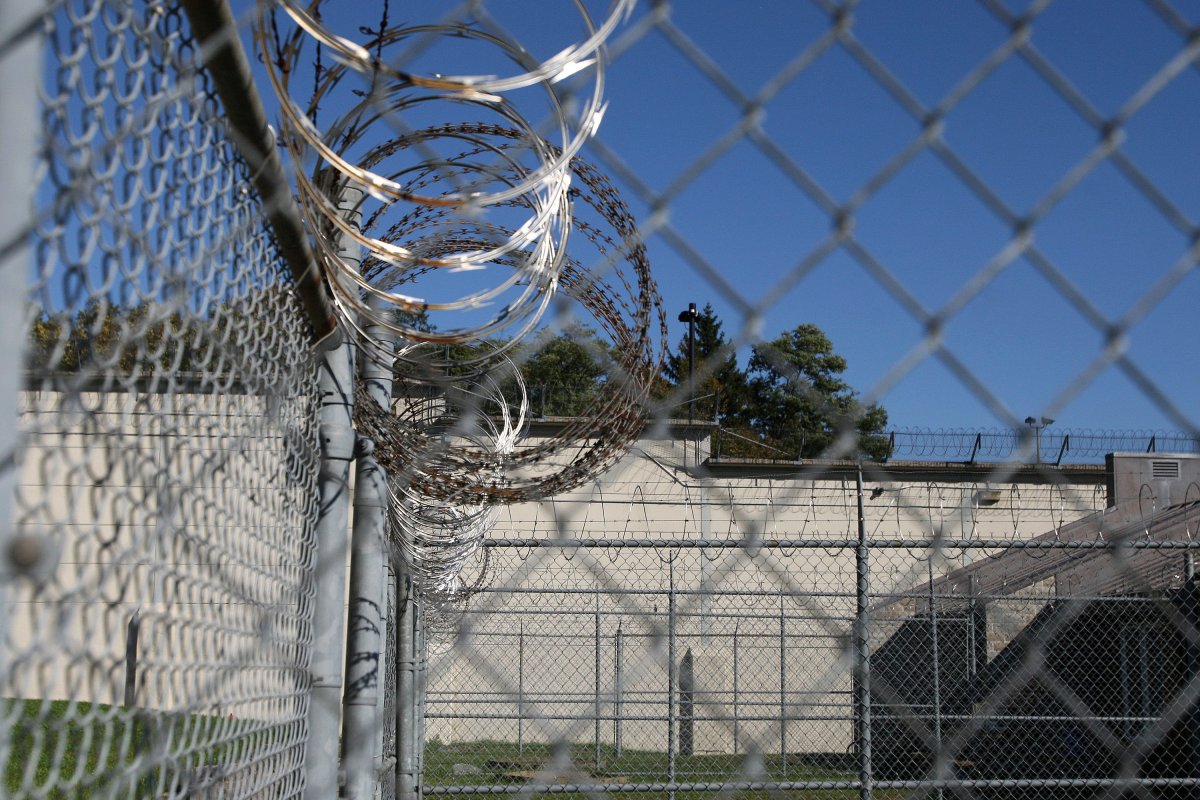With more than 2.3 million people behind bars, the United States now has the highest incarceration rate in the world – a number that has quadrupled in the past four decades.

A new report from the American Civil Liberties Union, a 500,000-member organization that advocates for individual rights, outlined in “astonishing” detail last week the state of the country’s prisons.
The report found there are 3,278 inmates serving life sentences without parole for non-violent drug and property crimes, many of them first offences.
Some have been locked away forever for having a trace amount of cocaine in pockets, selling a single crack rock, shoplifting three belts from a department store, and possessing a stolen wrench.
“The explosive growth of the U.S. jail and prison population since the 1970s…is the inevitable consequence of more than four decades of ‘tough on crime’ policies,” says the 240-page report.
“Since the mid-1970s, state and federal legislators have passed laws creating draconian sentencing and parole schemes designed to keep ever-increasing numbers of people in prison for decades. These policies include mandatory minimum sentencing which forces judges to issue severe sentences regardless of individual factors meriting leniency, and three-strikes laws, which expand the number of crimes subject to life and life-without-parole sentences.”
The report goes on to note that opposition to mandatory minimums is growing, with Attorney General Eric Holder announcing in August changes to the justice department’s policies so that certain people charged with low-level non-violent drug crimes would no longer be charged with crimes that carry minimum sentences.
In Canada, Ontario’s top court ruled against the Conservative government’s mandatory minimum sentences for gun possession, while Justice Minister Peter MacKay has signalled that Ottawa is considering new mandatory sentences for drunk driving offences that result in serious injury or death.
MacKay has not said if the government will appeal the Ontario decision, only that the government believes “very strongly in the constitutionality of these mandatory minimums.” A spokeswoman said his comments still stand.
Meanwhile, Ottawa judges have openly rebelled against the doubling of a mandatory victim surcharge.
But we know how the U.S. is starting to feel about it.


Comments